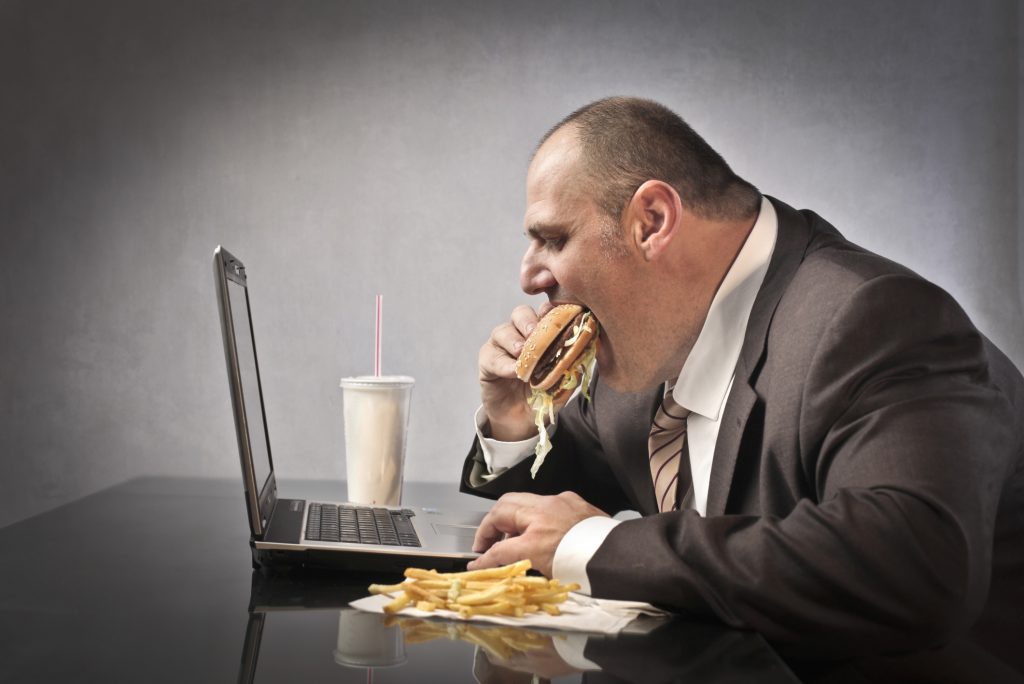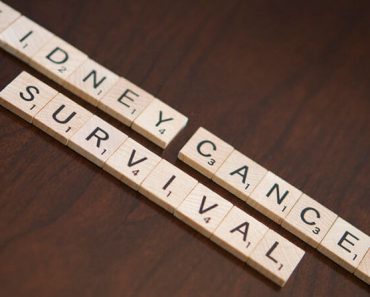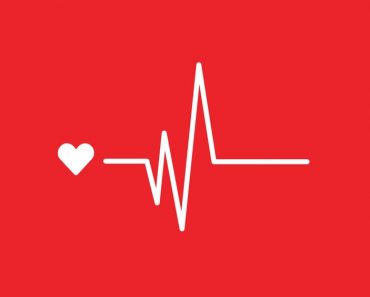
Photo: healthproblog
When it comes to eating, slow and steady really does win the race.
Preliminary research suggests that people who eat slowly are less likely than speed-eaters to become obese. Research also shows these same people may develop metabolic syndromes. These syndromes encompass a litany of conditions associated with stroke, heart disease, and diabetes.
The Proof is in the Data
In 2008, Japanese researchers, led by Hiroshima University cardiologist Dr. Takayuki Yamaji, recruited more than 1,000 healthy Japanese adults. They asked them to characterize their eating speed — slow, normal or fast — and tracked their health for the next five years.
Eighty-four people were diagnosed with metabolic syndrome during those five years, with a clear connection between eating speed and development of the disease. The incidence rate was 11.6% among fast eaters, 6.5% among normal eaters and just 2.3% among slow eaters. The speedy diners were also more likely to weigh more, have a larger waistline and suffer from higher blood sugar.
Lead researcher Dr. Takayuki Yamaji, a cardiologist from Hiroshima University in Japan, said: “Eating more slowly may be a crucial lifestyle change to help prevent metabolic syndrome.
“When people eat fast they tend not to feel full and are more likely to overeat. Eating fast causes bigger glucose, or blood sugar, fluctuation, which can lead to insulin resistance.” He said the findings also apply to Western populations.
Tips for healthy eating
Those results aren’t all that surprising, says American Heart Association spokesperson and NYU Langone cardiologist Dr. Nieca Goldberg. Lots of research, she says, has shown that eating fast is associated with weight gain and other health issues.
“You probably do eat more because you’re eating so quickly. You really don’t have any idea of what you’ve eaten,” Goldberg says. “When you eat slowly, you’re much more aware of your eating. You’re chewing your food properly and you’re also slowing down digestion.” Doing so also helps you feel full.
Goldberg says it should take at least 30 minutes to eat a meal and adds that eating while working is among the worst things you can do.
If you tend to inhale your food, you’ll likely need to train yourself to slow down, Goldberg says. She suggests eating with a friend, cutting your food into smaller pieces, chewing more, taking deep breaths and setting your fork down between bites.
On the other hand, it is worth noting that the researchers had no data on physical exercise and energy intake, which could have altered the results. Also, only Japanese men and women were included in the study, so the findings may not be applicable to other populations. Lastly, the study depended on self-reports, which are not always reliable.









